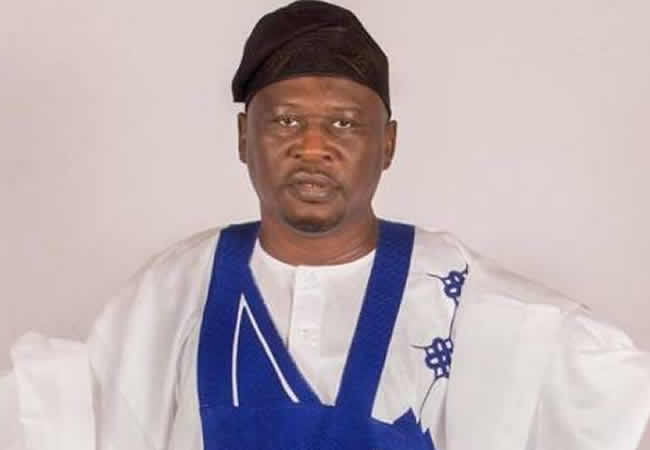Paragraph 1: The Suspension of Emir Hassan Ja’afaru
Adamawa State Governor, Ahmadu Fintiri, has taken decisive action against Emir Hassan Ja’afaru of Daware, suspending him indefinitely from his position. The suspension stems from a series of grave allegations leveled against the Emir, including corruption, maladministration, security breaches, land confiscation, and absenteeism. These accusations paint a picture of leadership failure and abuse of power, prompting Governor Fintiri to intervene and initiate an investigation into the Emir’s conduct. The suspension, conveyed through an official letter dated April 25, 2025, underscores the gravity of the situation and the government’s commitment to upholding accountability and good governance.
Paragraph 2: Details of the Suspension Order
The suspension order, signed by Permanent Secretary of Chieftaincy Affairs, Adama Mamman, directs Emir Ja’afaru to relinquish all government property in his possession to the district scribe. This measure aims to prevent any further misuse or mismanagement of public resources while the investigation proceeds. The letter explicitly outlines the grounds for the suspension, referencing the numerous complaints received regarding the Emir’s alleged misconduct. The detailed nature of the accusations, encompassing financial impropriety, administrative failures, security lapses, and land disputes, underscores the depth of the Emir’s alleged transgressions. The immediate surrender of government property signifies the seriousness with which the administration views these allegations.
Paragraph 3: Governor Fintiri’s Stance on Corruption
Governor Fintiri has consistently affirmed his unwavering commitment to combating corruption in all sectors of Adamawa State. The suspension of Emir Ja’afaru serves as a potent example of this commitment in action, demonstrating that no individual, regardless of their position or status, is above the law. The governor’s resolute stance against corruption sends a clear message that such behavior will not be tolerated and that those found guilty will face the consequences. This decisive action reinforces public trust in the government’s dedication to upholding ethical conduct and promoting transparency.
Paragraph 4: The Implications of the Suspension
The suspension of Emir Ja’afaru has significant implications for Daware and Adamawa State as a whole. The removal of a prominent traditional leader creates a void in local governance and raises concerns about the stability and continuity of traditional institutions. The accusations of absenteeism further compound the situation, suggesting a neglect of duties and responsibilities, potentially leaving the community without effective leadership. The investigation and its subsequent findings will determine the long-term consequences for Emir Ja’afaru and the future of Daware’s traditional leadership.
Paragraph 5: The Legal and Administrative Processes
The suspension of Emir Ja’afaru marks the commencement of a formal process that will likely involve a thorough investigation into the allegations against him. This process may include gathering evidence, interviewing witnesses, and reviewing relevant documents to establish the veracity of the claims. The findings of the investigation will determine the appropriate course of action, which could range from reinstatement to permanent removal from office, depending on the severity of the proven misconduct. The legal and administrative frameworks governing traditional leadership will guide this process, ensuring adherence to due process and fairness.
Paragraph 6: The Broader Context of Governance in Adamawa State
The suspension of Emir Ja’afaru unfolds within a broader context of governance challenges and reform efforts in Adamawa State. Governor Fintiri’s administration has prioritized tackling corruption and improving public service delivery, and the Emir’s suspension aligns with this agenda. The government’s actions signify a commitment to strengthening accountability mechanisms and promoting ethical leadership within traditional institutions. The outcome of this case will likely set a precedent for future instances of alleged misconduct by traditional leaders, shaping the landscape of governance and accountability in Adamawa State.














